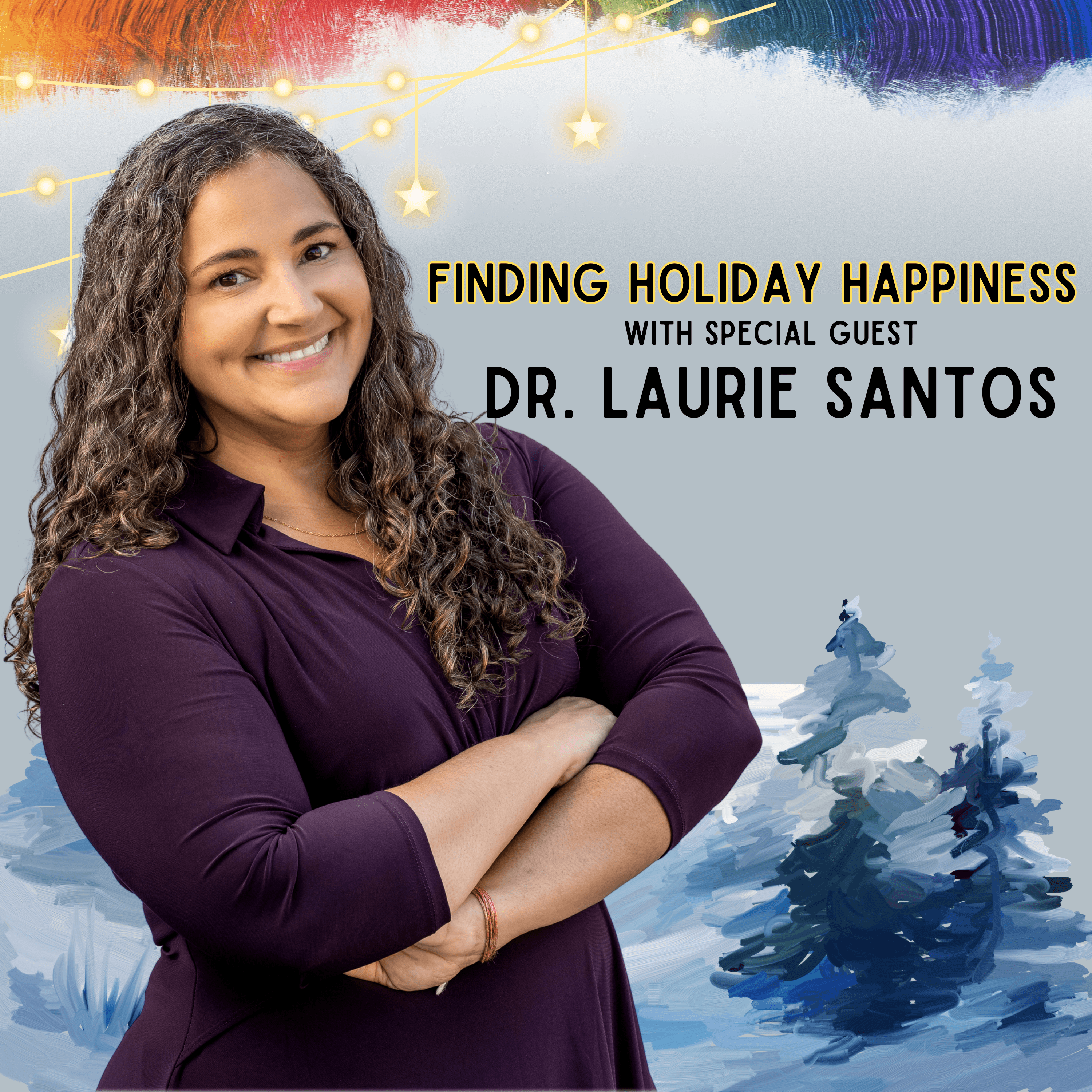
How God Works: The Science Behind Spirituality
PRXWhile religion and science often seem at odds, there’s one thing they can agree on: people who take part in spiritual practices tend to live longer, healthier, and happier lives. The big question is: Why? In How God Works, professor Dave DeSteno takes us on a journey to find out how spirituality impacts our minds and bodies, as well as the world in which we live.
He speaks to leading scientists and philosophers, religious thinkers, and thought leaders to explore what we can learn from the world’s faith traditions to help us meet some of life’s biggest challenges. Along the way, he’ll look at how we can adapt and use spiritual practices in our own lives, whatever our beliefs, including none at all.
It’s by working across the boundaries that usually divide us – science versus religion, one faith versus another – that we’ll find new ways to make life better for everyone.
While religion and science often seem at odds, there’s one thing they can agree on: people who take part in spiritual practices tend to live longer, healthier, and happier lives. The big question is: Why? In How God Works, professor Dave DeSteno takes us on a journey to find out how spirituality impacts our minds and bodies, as well as the world in which we live.
He speaks to leading scientists and philosophers, religious thinkers, and thought leaders to explore what we can learn from the world’s faith traditions to help us meet some of life’s biggest challenges. Along the way, he’ll look at how we can adapt and use spiritual practices in our own lives, whatever our beliefs, including none at all.
It’s by working across the boundaries that usually divide us – science versus religion, one faith versus another – that we’ll find new ways to make life better for everyone.

























































































Is War Holy?

Is religion a source of conflict, or a way to end it? From the tragic situation in the Middle East to rising Christian Nationalism in the US, it might seem the former. But for faiths that emphasize love, compassion, and forgiveness, might the latter also be true?
Join Dave as he talks with theologian Miroslav Volf about how religion blurs with political identity and violent ideologies, and why the answer to this problem might not be to remove religion from our lives and the public square, but to have more of it in both. And with anthropologist Benjamin Purzycki about how our views of what God wants can change in the face of conflict.
Miroslav Volf is a Professor of Theology at Yale Divinity School and the Director of the Yale Center for Faith & Culture. Learn more about his work here and check out his podcast For the Life of the World.
Benjamin Grant Purzycki is an Associate Professor in the Department of the Study of Religion at Aarhus University in Denmark. Learn more about his work here and here.